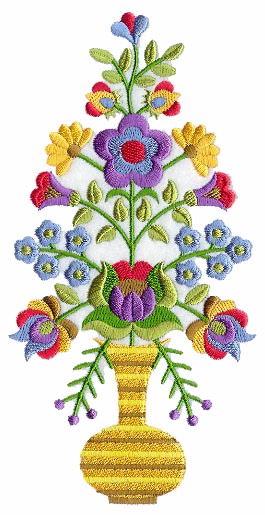We think we’re in a special time, either because we’re progressing to something great or on the cusp of calamity. But this is the way people have always felt in the time and place in which they lived!!! We live longer now than at many times and places (but not all) on average because of two things, more or less: hygiene and antibiotics. There are exceptional outliers of great horror, of course, but these were never universal in their time, and they are always present in some place in the world, and they come and go.
There is no absolute in determining how happy humanity is as a whole, not in a relative world. All is relative, so the average people of today may have more manufactured things, but that doesn’t make them relatively more content than the average of a hundred or a thousand or ten thousand years ago. Contentment is relative, relative to what others have and what people expect.
Before cell phones, there was no suffering because a person lacked a cell phone, but now there is. Technological progress and such just increase expectations, but the frustrations of living below the limitations does not change. If you look beyond “exceptionalist” prejudices or propaganda (either about time or place), average people were no more happy or not than they are now. Look at history, literature, anthropology, archeology, anecdotes—everything: there was the same mix of joy and pain in about the same proportions overall throughout all known time.
The present world, and all its nations and all its assumptions and present concerns, will pass. They will, even the greatest of the present powers or societies or influences or aspirations, pass. The greatness of the Roman Empire or imperial China, the brilliance of ancient Greece or India: they are nothing now as immediate and living things. They are just paragraphs in the history books most read, or a few specialized books people read here or there; that’s all. Only the ideas—the good ones—remain, but the lives and times of the people are unknowable and gone: now nothing, really.
As a whole, the people at any of these times were no more content or discontented than we are now. That’s the treadmill of history. It’s all the same in the main; so why do people believe in the specialness of a certain time or the sacredness of progress? Progress always by definition implies about moving toward an always some universal happiness, never attained. Nothing at all in history justifies a faith in progress toward a great stable perfection at all. And then the alarmists will say: Yes, but we are about to destroy everything—and yes, what we are destroying is beautiful—but still: it's nothing in the long sweep of time of creation and destruction and re-creation.
— Gabriel Fenteany, March 23, 2016

